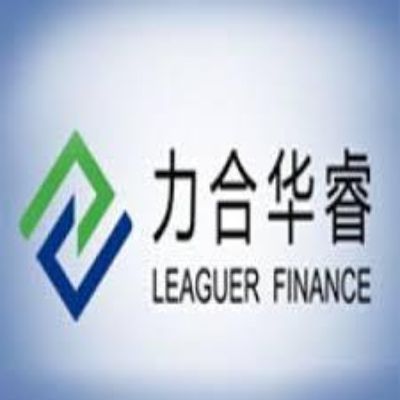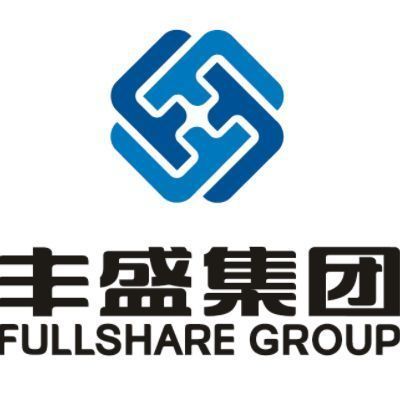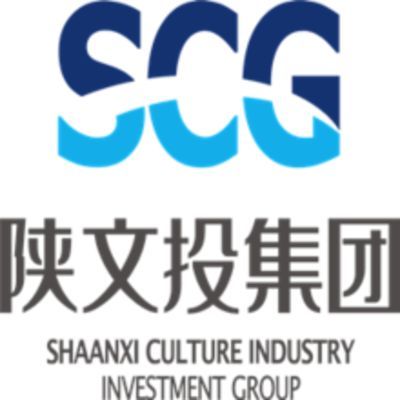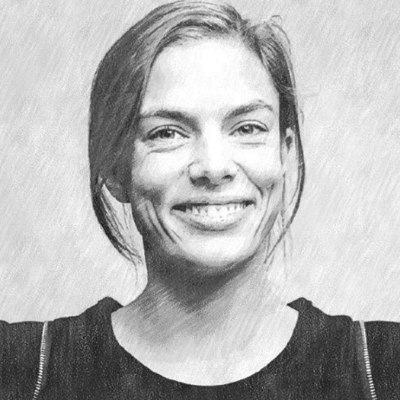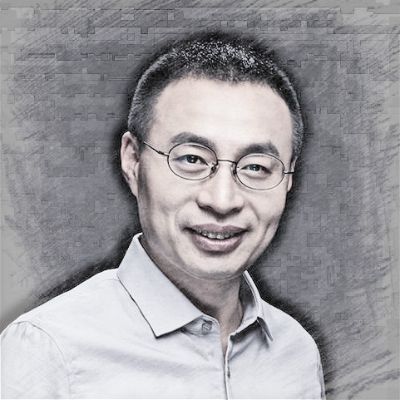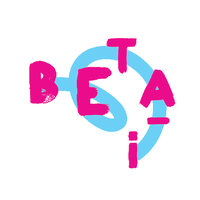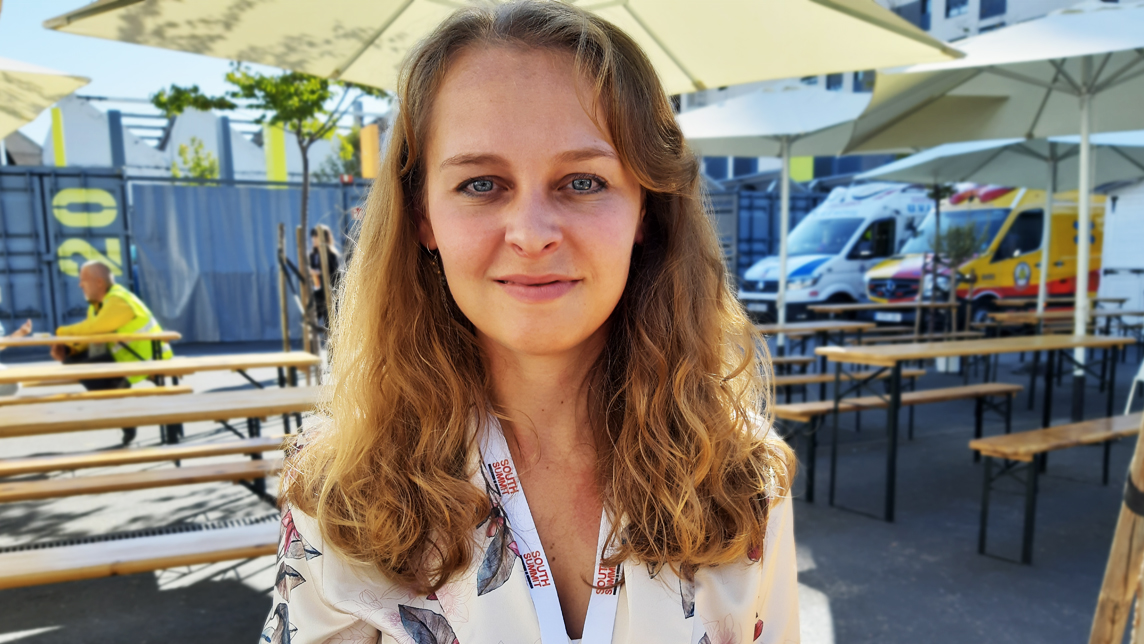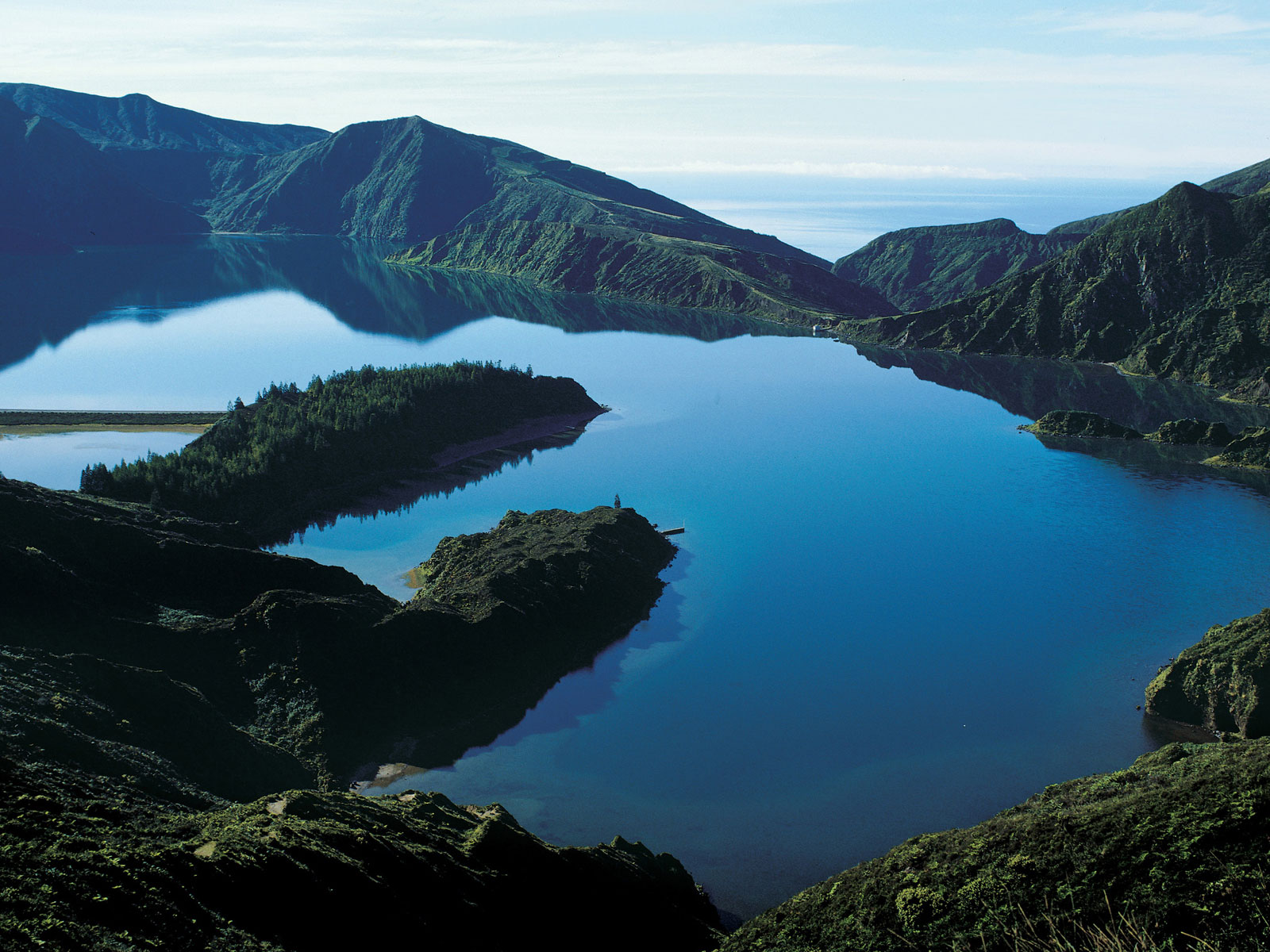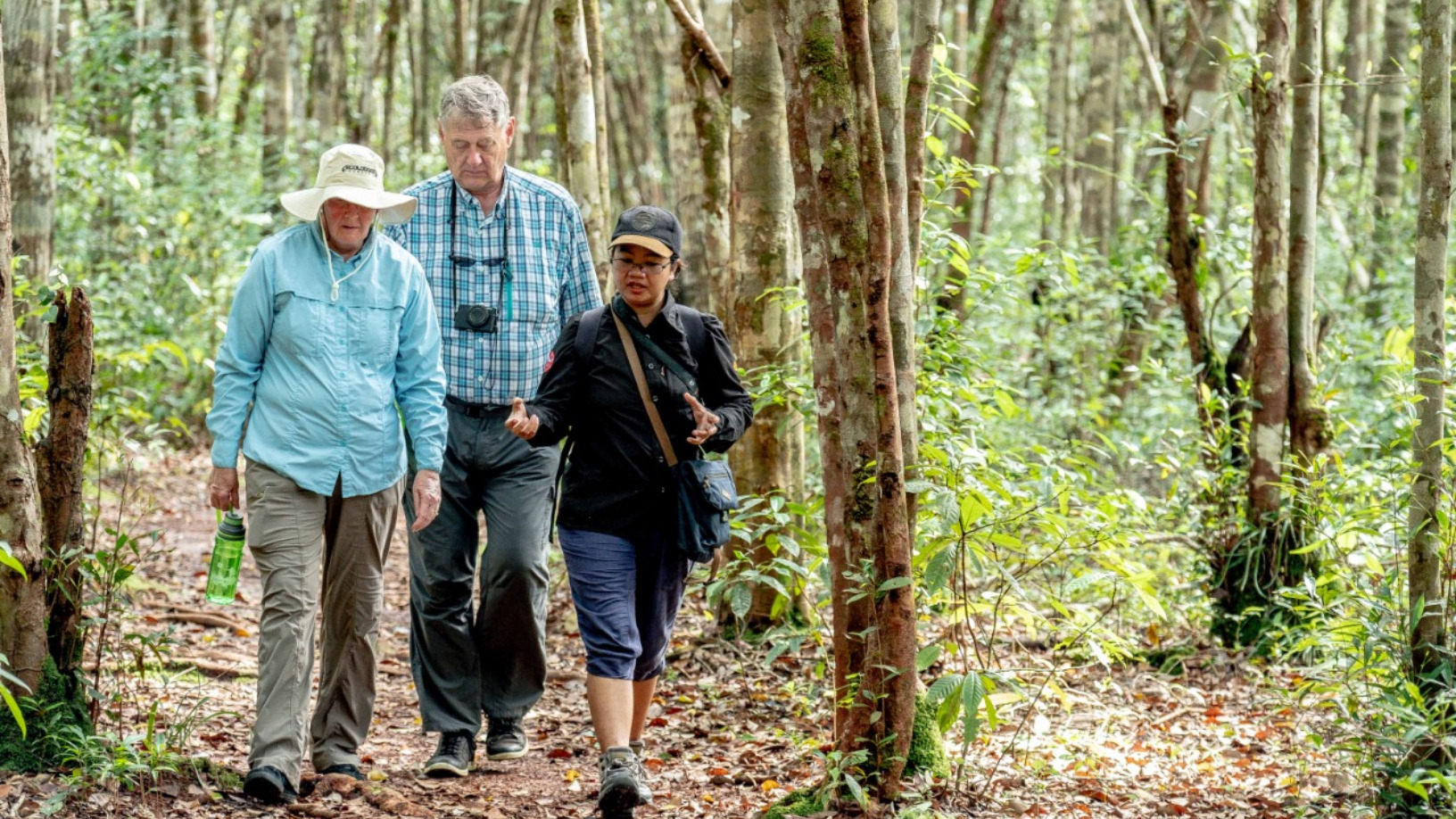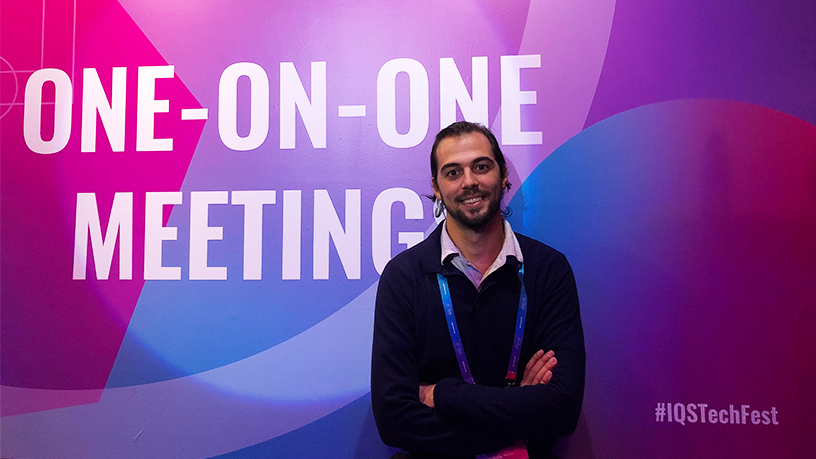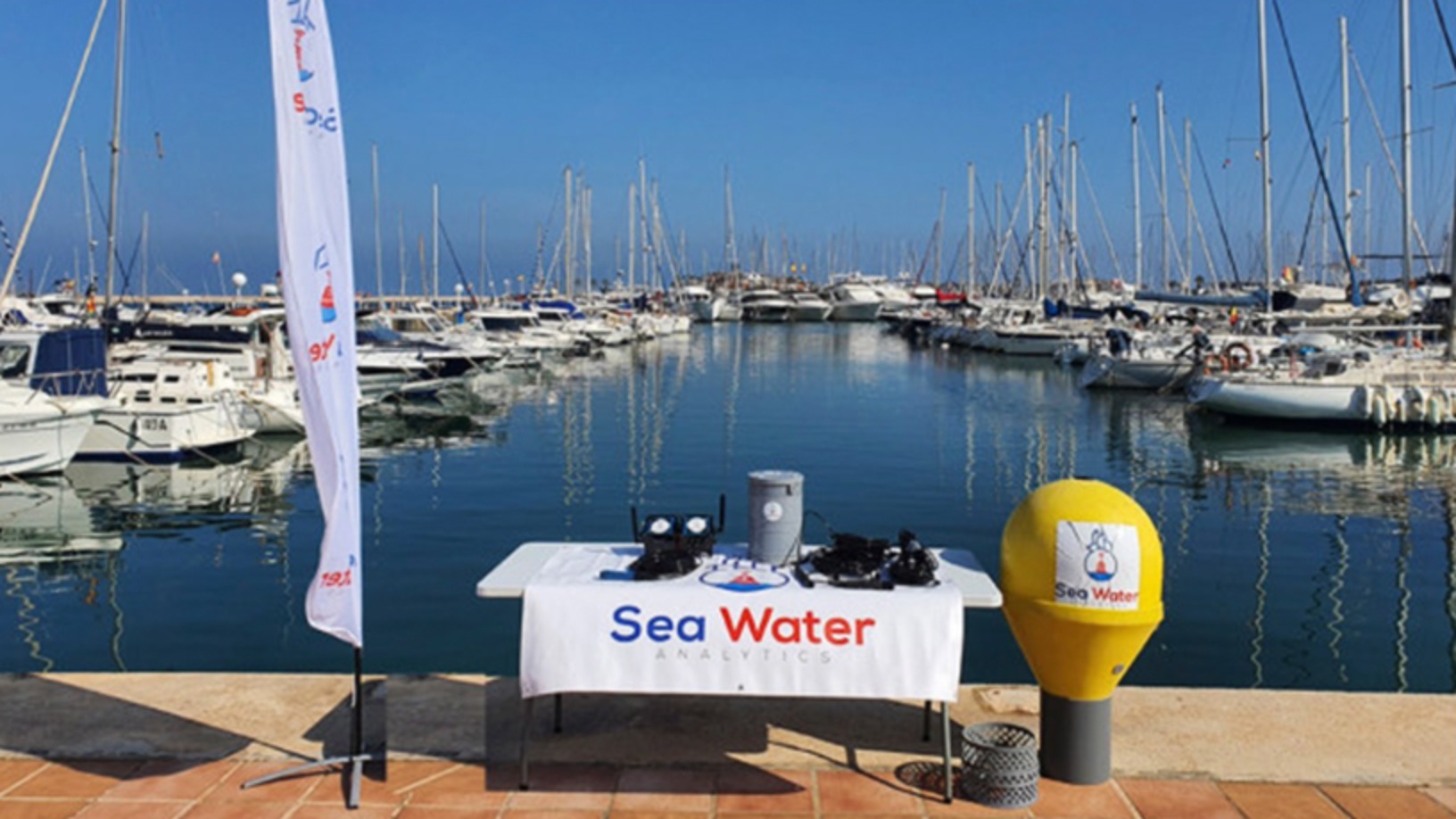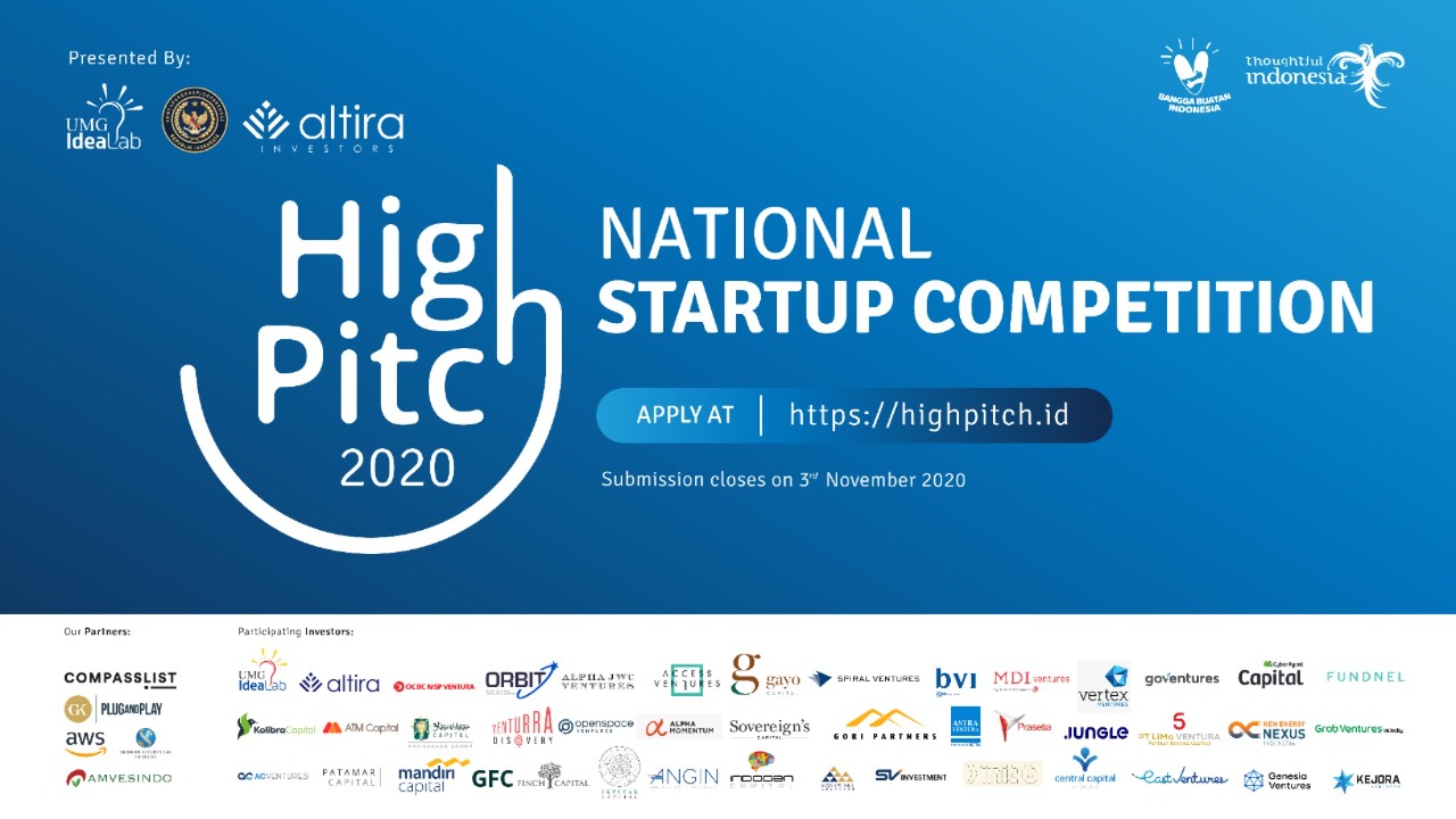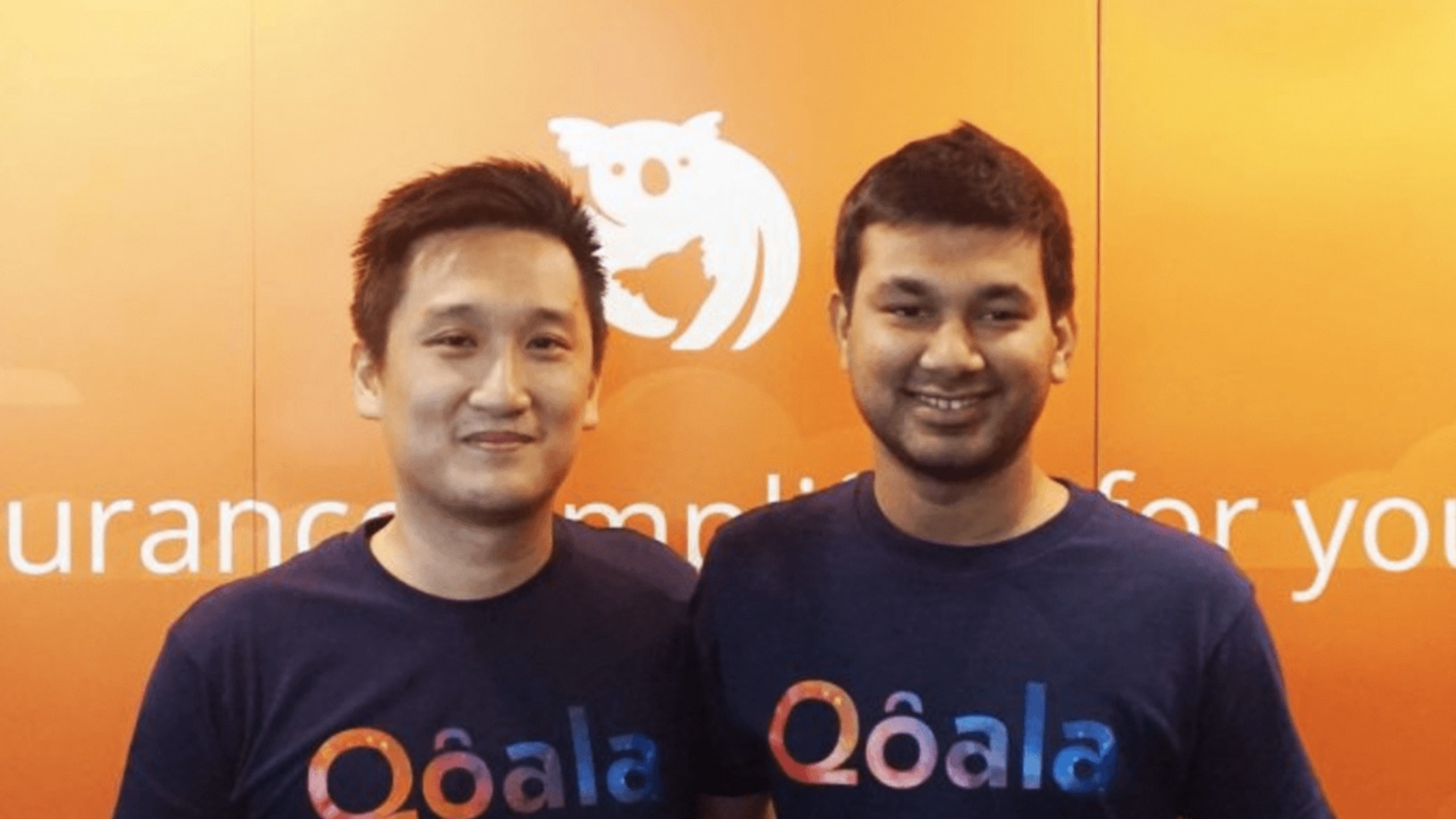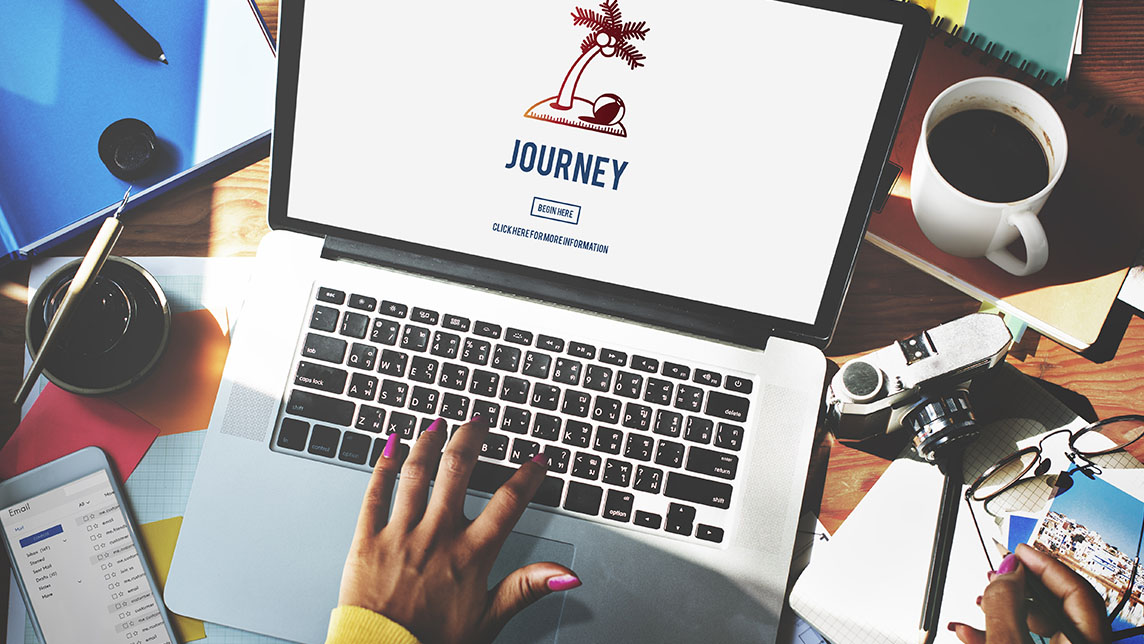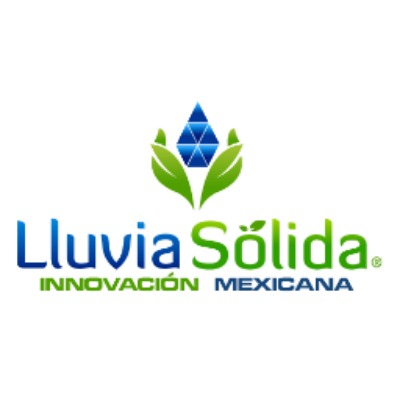Tourism
-
DATABASE (29)
-
ARTICLES (53)
Founder and CEO of Tripvisto
Bernardus Sumartok loves travelling and is determined to achieve his dream of running a tourism enterprise. He studied computerized accounting at Universitas Bina Nusantara (Binus) and had worked in various IT and sales management roles for over 10 years.He founded Presentonomics in 2009 that operated successfully for over five years as a presentation designer. But his online tour agency Flamingo Travel lasted for just over a year when he only had IDR 1 million left in his bank account and was struggling to pay his employees in 2012. Undaunted, he co-founded another tourism website Tripvisto in April 2014.
Bernardus Sumartok loves travelling and is determined to achieve his dream of running a tourism enterprise. He studied computerized accounting at Universitas Bina Nusantara (Binus) and had worked in various IT and sales management roles for over 10 years.He founded Presentonomics in 2009 that operated successfully for over five years as a presentation designer. But his online tour agency Flamingo Travel lasted for just over a year when he only had IDR 1 million left in his bank account and was struggling to pay his employees in 2012. Undaunted, he co-founded another tourism website Tripvisto in April 2014.
Europe's only privately-owned near space transportation company, providing less expensive launches using balloon technology, and capable of putting satellites into orbit and tourists into space.
Europe's only privately-owned near space transportation company, providing less expensive launches using balloon technology, and capable of putting satellites into orbit and tourists into space.
Founded in 2015, Zuoyu Capital is a research investment firm focused on the travel & tourism and consumer services sectors. It manages an angel fund of RMB 100 million.
Founded in 2015, Zuoyu Capital is a research investment firm focused on the travel & tourism and consumer services sectors. It manages an angel fund of RMB 100 million.
Co-founder and COO of Tanijoy
Kukuh Budi Santoso graduated from Indonesia’s Universitas Brawijaya with a degree in Agriculture. While at university, he was an active in student organizations such as the IAAS (an international organization of agriculture students) and founded social enterprises. Prior to co-founding agri-investment platform Tanijoy, Kukuh ran Escape.id, a community-based tourism business.
Kukuh Budi Santoso graduated from Indonesia’s Universitas Brawijaya with a degree in Agriculture. While at university, he was an active in student organizations such as the IAAS (an international organization of agriculture students) and founded social enterprises. Prior to co-founding agri-investment platform Tanijoy, Kukuh ran Escape.id, a community-based tourism business.
Founded in Shenzhen in 2011, Leaguer Finance is a fund management company with branches in Hong Kong and Jilin. It invests mainly in the intelligent device manufacturing, tourism, new energy and robotics fields.
Founded in Shenzhen in 2011, Leaguer Finance is a fund management company with branches in Hong Kong and Jilin. It invests mainly in the intelligent device manufacturing, tourism, new energy and robotics fields.
Headquartered in Nanjing, Fullshare Group was founded in 2002 and listed on the Stock Exchange of Hong Kong in 2013. Its business includes multiple industries, namely, tourism, education, healthcare, real estate and renewable energy. It has expanded to Europe, America, Africa, Central Asia and Australia.
Headquartered in Nanjing, Fullshare Group was founded in 2002 and listed on the Stock Exchange of Hong Kong in 2013. Its business includes multiple industries, namely, tourism, education, healthcare, real estate and renewable energy. It has expanded to Europe, America, Africa, Central Asia and Australia.
Founder and CEO of Yunjiazheng
A Jack of many trades, Xue Shuai majored in investment at East China Normal University, and pursued postgraduate studies in Chinese painting. He dabbled in selling wine and tourism, before joining Huawei as a project manager in 2001 (the year China entered the WTO), traveling across China and overseas (India, Thailand, Nepal, etc.) for work. Xue quit Huawei in 2008, spent a “gap year” mountaineering, before founding Yunjiazheng.
A Jack of many trades, Xue Shuai majored in investment at East China Normal University, and pursued postgraduate studies in Chinese painting. He dabbled in selling wine and tourism, before joining Huawei as a project manager in 2001 (the year China entered the WTO), traveling across China and overseas (India, Thailand, Nepal, etc.) for work. Xue quit Huawei in 2008, spent a “gap year” mountaineering, before founding Yunjiazheng.
A famous angel investor in the healthcare sector, Shao Hui founded Youxiang, the first cross-border medical tourism player in China in 2006, targeting the Chinese upper class. In 2001, he participated in the venture-stage funding of Beijing Nanshan Ski Village, now the most popular ski village in China.
A famous angel investor in the healthcare sector, Shao Hui founded Youxiang, the first cross-border medical tourism player in China in 2006, targeting the Chinese upper class. In 2001, he participated in the venture-stage funding of Beijing Nanshan Ski Village, now the most popular ski village in China.
Founder and CEO of Nongfenqi
Founder and CEO of Nongfenqi. Serial entrepreneur. Zhou studied E-commerce at the Dongbei University of Finance and Economics. Before founding Nongfenqi, he spent ten years trying to start other businesses. Zhou tried building websites for tourism, private detectives, etc. His real success was a company that helped computer game users buy virtual game tokens. Zhou used the same team and the money he made from his computer game company to found Nongfenqi.
Founder and CEO of Nongfenqi. Serial entrepreneur. Zhou studied E-commerce at the Dongbei University of Finance and Economics. Before founding Nongfenqi, he spent ten years trying to start other businesses. Zhou tried building websites for tourism, private detectives, etc. His real success was a company that helped computer game users buy virtual game tokens. Zhou used the same team and the money he made from his computer game company to found Nongfenqi.
Shaanxi Culture Industry Investment Group
With RMB 2.2 billion registered capital, this state-owned cultural enterprise was established by Shaanxi province. It receives subsidies from the regional government each year and currently holds total assets of more than RMB 16 billion. The group has 24 subsidiaries, which invest in a range of cultural industries: film and TV, cultural tourism, art, media, etc.
With RMB 2.2 billion registered capital, this state-owned cultural enterprise was established by Shaanxi province. It receives subsidies from the regional government each year and currently holds total assets of more than RMB 16 billion. The group has 24 subsidiaries, which invest in a range of cultural industries: film and TV, cultural tourism, art, media, etc.
Mari Elka Pangestu is the first female Chinese Indonesian to hold a cabinet position. She was the Minister of Trade from 2004 to 2011 and the Minister of Tourism from 2011 to 2014. She holds a doctorate in Economics from the University of California, USA. Returning to academia at the University of Indonesia, the professor is also part of the Indonesian network of angel investors ANGIN.
Mari Elka Pangestu is the first female Chinese Indonesian to hold a cabinet position. She was the Minister of Trade from 2004 to 2011 and the Minister of Tourism from 2011 to 2014. She holds a doctorate in Economics from the University of California, USA. Returning to academia at the University of Indonesia, the professor is also part of the Indonesian network of angel investors ANGIN.
CEO and co-founder of Carbo Culture
Finnish native Pia Henrietta Moon, has been a scout leader since 2003. Her first job was in event management and tourism operations in India for Sunset Getaways & Insta tourism in 2007. While studying at the University of Economics and Business in Vienna, she met American engineer Christopher Carstens in 2013 at a global solutions innovation program organized by Singularity University in California. She left university in 2014 and co-founded Carbo Culture as CEO in 2016 with Carstens as CTO.In 2016, Moon also joined the electronics company Yleiselektroniikka as a board member, the youngest person in Finland to hold such a position in a listed company. Moon also founded edtech startup Mehackit in 2013 and became its chairwoman for four years. She exited both companies in 2018 to focus on running Carbo Culture.While at university, Moon also worked for over two years at Rails Girls, a not-for-profit for women in tech. In Finland, she joined the student entrepreneurship society in 2011 and completed an internship in 2010 at the Ministry for Foreign Affairs of Finland. In 2015, she joined the World Economic Forum’s Global Shapers youth community initiative in Helsinki.
Finnish native Pia Henrietta Moon, has been a scout leader since 2003. Her first job was in event management and tourism operations in India for Sunset Getaways & Insta tourism in 2007. While studying at the University of Economics and Business in Vienna, she met American engineer Christopher Carstens in 2013 at a global solutions innovation program organized by Singularity University in California. She left university in 2014 and co-founded Carbo Culture as CEO in 2016 with Carstens as CTO.In 2016, Moon also joined the electronics company Yleiselektroniikka as a board member, the youngest person in Finland to hold such a position in a listed company. Moon also founded edtech startup Mehackit in 2013 and became its chairwoman for four years. She exited both companies in 2018 to focus on running Carbo Culture.While at university, Moon also worked for over two years at Rails Girls, a not-for-profit for women in tech. In Finland, she joined the student entrepreneurship society in 2011 and completed an internship in 2010 at the Ministry for Foreign Affairs of Finland. In 2015, she joined the World Economic Forum’s Global Shapers youth community initiative in Helsinki.
Co-founder of Luoji Siwei
After graduating from Nanjing University in 1995 with a bachelor’s degree in Tourism Management, Wu worked for a number of e-commerce firms. He was vice president at VANCL, senior vice president at JD.com and general consultant at lefeng.com. Wu, an original co-founder, left Luoji Siwei in 2013. He moved on from Luoji Siwei to serve as general consultant at media firm Fleet Entertainment. Wu founded Context Lab, a corporate services platform, in 2015. He is also the author of three popular business insight books.
After graduating from Nanjing University in 1995 with a bachelor’s degree in Tourism Management, Wu worked for a number of e-commerce firms. He was vice president at VANCL, senior vice president at JD.com and general consultant at lefeng.com. Wu, an original co-founder, left Luoji Siwei in 2013. He moved on from Luoji Siwei to serve as general consultant at media firm Fleet Entertainment. Wu founded Context Lab, a corporate services platform, in 2015. He is also the author of three popular business insight books.
Beta-i was established in 2010 as a Portuguese accelerator, incubator and event organizer to boost the Portuguese tech ecosystem. Beta-i is well-known for organizing some of Portugal's most successful accelerators and the annual tech startup event Lisbon Investment Summit. In 2019, it made its first investment in a startup Didimo by joining the seed round for the 3D digital twin designer platform.The company's best known acceleration program Lisbon Challenge is a twice yearly event open to all tech sectors, attracting around 10 participants based in Portugal and overseas. Its two-month programs have accelerated more than 200 startups, with about 75% coming from abroad. Beta-i also organizes the international energy accelerator Free Electrons, with EDP as one of its sponsors. Free Electrons has already accelerated 27 startups and is now running its third edition with 15 startups, five of which are Portugal-based. All the selected participants will have the chance to work for one year with at least one of the 10 global energy utilities that form the Free Electrons consortium. Another Beta-i event is The Journey, the first accelerator in Portugal dedicated to tourism tech startups from all over the world. Launched in partnership with the government's Portugal Tourism in 2017, the Lisbon-based program is part of the national Tourism 4.0 plan. The five-month program is now in its third edition and gives successful applicants the opportunity to develop pilot projects with Portuguese companies like the Vila Galé hotel chain, Barraqueiro transport company and Parques de Sintra, a UNESCO World Heritage site.
Beta-i was established in 2010 as a Portuguese accelerator, incubator and event organizer to boost the Portuguese tech ecosystem. Beta-i is well-known for organizing some of Portugal's most successful accelerators and the annual tech startup event Lisbon Investment Summit. In 2019, it made its first investment in a startup Didimo by joining the seed round for the 3D digital twin designer platform.The company's best known acceleration program Lisbon Challenge is a twice yearly event open to all tech sectors, attracting around 10 participants based in Portugal and overseas. Its two-month programs have accelerated more than 200 startups, with about 75% coming from abroad. Beta-i also organizes the international energy accelerator Free Electrons, with EDP as one of its sponsors. Free Electrons has already accelerated 27 startups and is now running its third edition with 15 startups, five of which are Portugal-based. All the selected participants will have the chance to work for one year with at least one of the 10 global energy utilities that form the Free Electrons consortium. Another Beta-i event is The Journey, the first accelerator in Portugal dedicated to tourism tech startups from all over the world. Launched in partnership with the government's Portugal Tourism in 2017, the Lisbon-based program is part of the national Tourism 4.0 plan. The five-month program is now in its third edition and gives successful applicants the opportunity to develop pilot projects with Portuguese companies like the Vila Galé hotel chain, Barraqueiro transport company and Parques de Sintra, a UNESCO World Heritage site.
- 1
- 2
CloudGuide: Bringing museum tourism into the 21st century
CloudGuide, an app hosting official multimedia content from museums and tourist attractions, seeks post-seed funding to scale in Europe
In Portugal tourism tech gets disrupted, in time for post-Covid-19 era
As Portugal reopens to tourists early next month, the sector is banking on a new generation of tourism tech startups to enable safety and reassure visitors
Indonesian startup Traval goes virtual to stay afloat during pandemic
The startup is also trying to set itself apart from mainstream tourism with tours like Zero Waste Journey where travelers do not bring plastic items and even plant trees
The edtech startup formerly named Squiline hopes greater fluency in English can boost Indonesia's creative and tourism sectors
IP Buoys: Mooring 4.0 smart buoys to protect marine ecosystems
Save the Posidonia! That’s the call from enterprising sailors who, with their startup IP Buoys, have found a way to protect the seagrass and marine life from the damaging impact of nautical tourism
Zero 2 Infinity: Multibillion-euro business line launches into near space
Europe's only near space player using balloon technology targets high demand in a lucrative market, including space tourism
Will this one-year-old startup revolutionize traditional industries?
Targeting retail and tourism first, Aibee aims to help traditional businesses keep up with their online counterparts using its all-in-one AI solutions
How Sea Water Analytics is using IoT to help keep beaches safe in Covid-19 era
Sea Water Analytics checks water quality, overcrowding, even jelly fish threats in Spanish beaches
Covid-19: Indonesia's P2P lenders ready for slower business, default risk
P2P lending startups set up stricter scrutiny, budget reserves; playing key role in helping Indonesian businesses survive the Covid-19 crisis
Indonesia launches national pitch competition HighPitch 2020 to re-energize its startup ecosystem
With 43 VC investors so far joining as judges and mentors, HighPitch 2020 aims to reconnect investors with young startups across the country amid Covid-19
What Indonesia’s election could mean for startups and investors
Industry players voice their hopes, concerns and expectations as the April presidential election nears
Portugal pumps up to €60m into new initiatives to avert backslide in startup ecosystem
Government funding to ensure the strategically important and social impact startups don't fail, post-Covid
With universal QR code, Indonesia achieves e-payment harmony
The move to standardize Indonesia's QR code is expected to unify the country's cashless payments system and lift tens of thousands of small merchants into the payments mainstream
Indonesian insurtech Qoala survives pandemic with new partners and products
Acquisition of Thai insurtech FairDee to spearhead expansion into Southeast Asia, building on earlier entry into Malaysia and Vietnam and a Covid-19 travel insurance product at home
Smartvel helps travel brands understand customers' interests to boost their experiences
Smartvel lets travel brands profile their customers and offer them personalized, up-to-date content as more travelers demand unique vacation experiences
Sorry, we couldn’t find any matches for“Tourism”.






